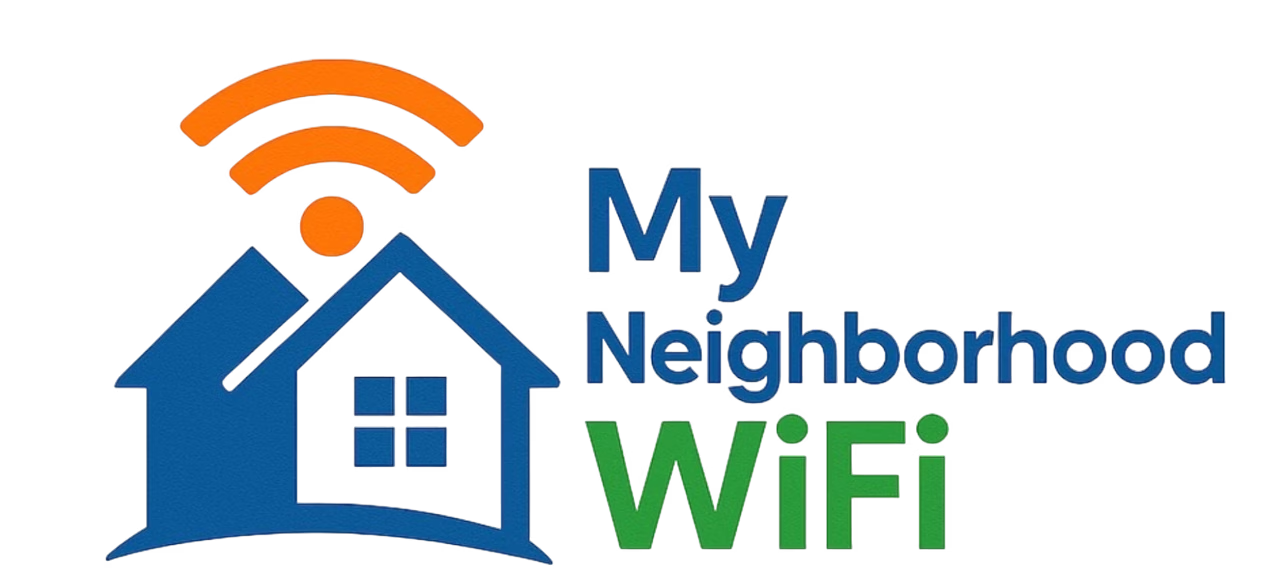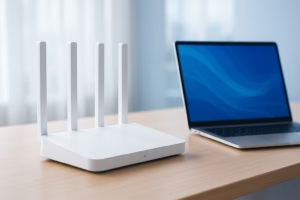
Finding reliable internet service can sometimes feel overwhelming—especially when providers request a credit check. If your credit history isn’t perfect or you’d rather avoid the hassle, you still have options. In this guide, we’ll walk through practical and easy ways to get internet without a credit check. Whether you live in a city apartment, a rural area, or you’re always on the go, there are flexible solutions to keep you connected.
Why Providers Use Credit Checks in the First Place
Before diving into the alternatives, let’s quickly understand why credit checks happen. Many companies run soft or hard checks to estimate risk—similar to how landlords screen tenants. They want to make sure bills will be paid on time, especially if expensive equipment like modems or routers is involved. But that doesn’t mean everyone should be excluded from access to something as essential as the internet.
Prepaid Internet as a Hassle-Free Option
One of the simplest ways to get connected without traditional checks is through prepaid internet. Think of it like a prepaid phone—no contracts, no surprises, just pay as you go.
- You pay in advance for the data or service you need.
- No long-term commitments or penalties.
- Easy to monitor usage and control costs.
When Prepaid Makes Sense
If you’re moving often, staying temporarily in a location, or want financial predictability, prepaid plans work well. Many travelers and short-term renters also choose this option to avoid credit paperwork.
Community Wi-Fi and Hotspots
Did you know that your neighborhood might already offer free or low-cost internet through community projects? Public libraries, coffee shops, and even some city-led initiatives provide Wi-Fi without contracts or credit checks. In fact, some communities share recommendations and experiences on platforms like Reddit where people exchange tips about free or affordable connectivity options.
- Public Libraries: Many libraries provide free Wi-Fi and sometimes even hotspot lending programs.
- Cafes and Restaurants: A reliable option for occasional work or study sessions.
- Community Initiatives: Some municipalities sponsor free Wi-Fi zones in parks and downtown areas.
Mobile Hotspot Devices
Another flexible approach is using a personal hotspot device. These little gadgets connect to cellular networks and allow you to share Wi-Fi with multiple devices. If you already have a smartphone, you can often turn it into a hotspot directly. People often ask questions about real-world performance on Quora, where discussions highlight how hotspots compare across locations.
Advantages of Hotspots
- Portable and ideal for travel.
- No fixed address required.
- Variety of pay-as-you-go or prepaid options available.
Pay-As-You-Go Internet Services
This is similar to prepaid but more structured for regular home use. Instead of signing an annual contract, you buy service month-to-month. This avoids credit checks and lets you stop service whenever needed.
- No deposits required in most cases.
- Great for students, seasonal workers, or shared apartments.
- Costs are predictable and budget-friendly.
Neighborhood Co-Ops and Shared Connections
Some neighborhoods organize co-op networks—residents pool resources, buy equipment, and share bandwidth. This grassroots approach bypasses corporate requirements like credit checks. On Facebook, community groups often share information about whether such options already exist locally.
Satellite Internet Without Credit Checks
In rural and remote areas, satellite internet is often the only realistic alternative. While some providers run credit checks, there are pay-in-advance satellite options where you buy equipment outright and then load service packages as needed. Though speeds may vary, it’s often the most reliable choice for locations without cable or fiber infrastructure.
Tips to Stay Connected Without the Stress
Getting internet without a credit check doesn’t have to be complicated. Here are a few practical tips:
- Start Local: Check your library, café, or town hall for free Wi-Fi programs.
- Think Mobile: A prepaid mobile hotspot can be a lifeline during a move or transition.
- Talk to Neighbors: Shared plans or group buys can reduce expenses and paperwork.
- Join Online Discussions: Platforms like Yelp and Reddit often feature local experiences and recommendations.
Real-Life Example
A college student might not have an established credit history. Instead of being denied service, they can opt for a prepaid hotspot. This gives them Wi-Fi for study sessions, video calls with family, and streaming entertainment—all without signing a contract or undergoing a background check. Similarly, many gig workers who move frequently rely on pay-as-you-go plans for this exact reason.
Balancing Speed, Cost, and Flexibility
It’s important to weigh your specific needs:
| Option | Best For | Flexibility |
|---|---|---|
| Prepaid Internet | Short-term renters, students | High |
| Mobile Hotspots | Travelers, remote workers | Very High |
| Community Wi-Fi | Budget-conscious users | Medium |
| Satellite Prepaid | Rural households | Moderate |
Final Thoughts
Internet access shouldn’t come with unnecessary barriers like credit checks. With prepaid plans, hotspots, community initiatives, and co-op networks, people have more solutions than ever to stay online. By exploring these easy alternatives, you can enjoy reliable connections tailored to your lifestyle—without worrying about credit history.
“Most inquiries are answered within the same day”
Written by admin
Content writer and tech enthusiast sharing insights on internet connectivity.



